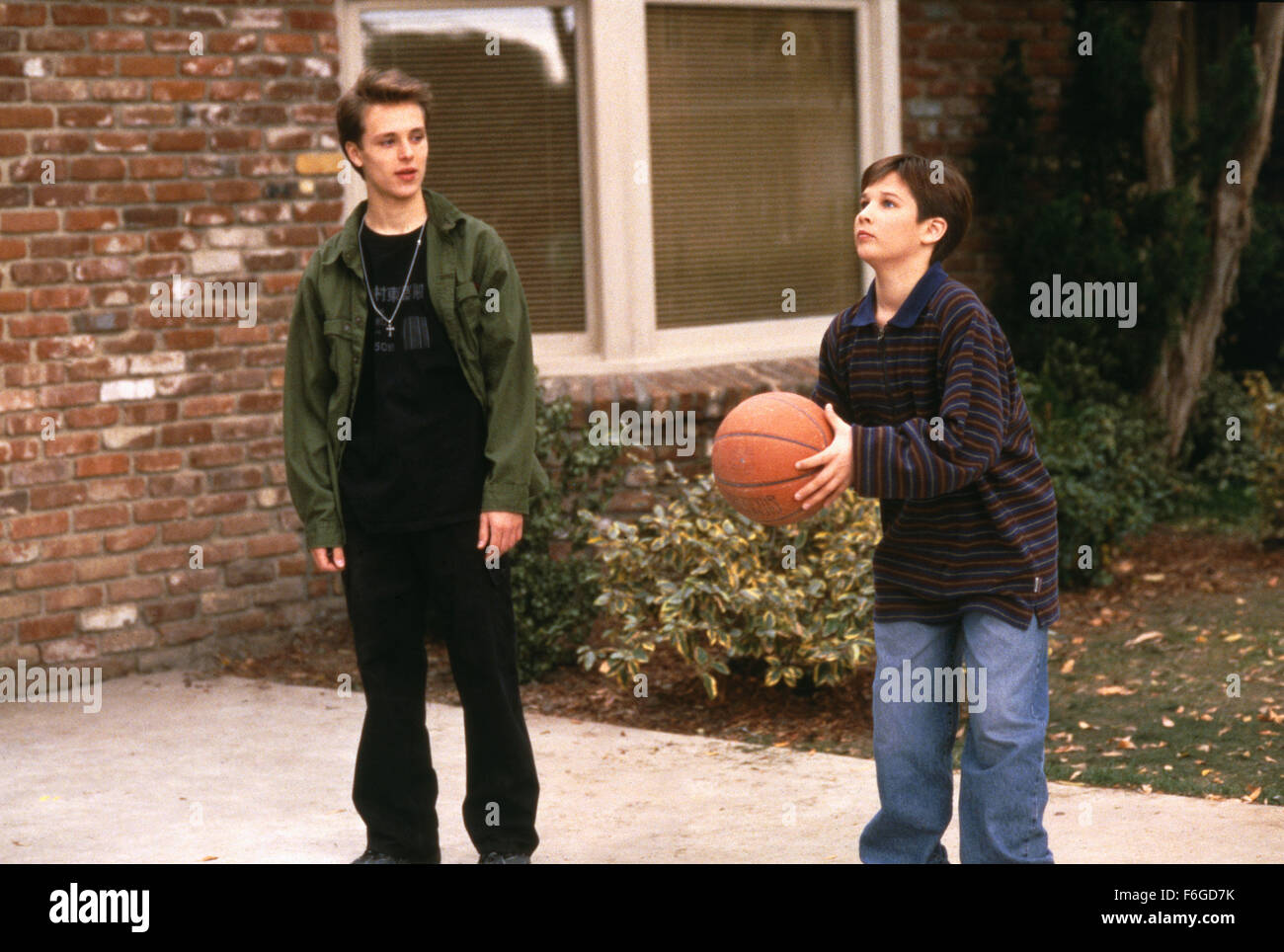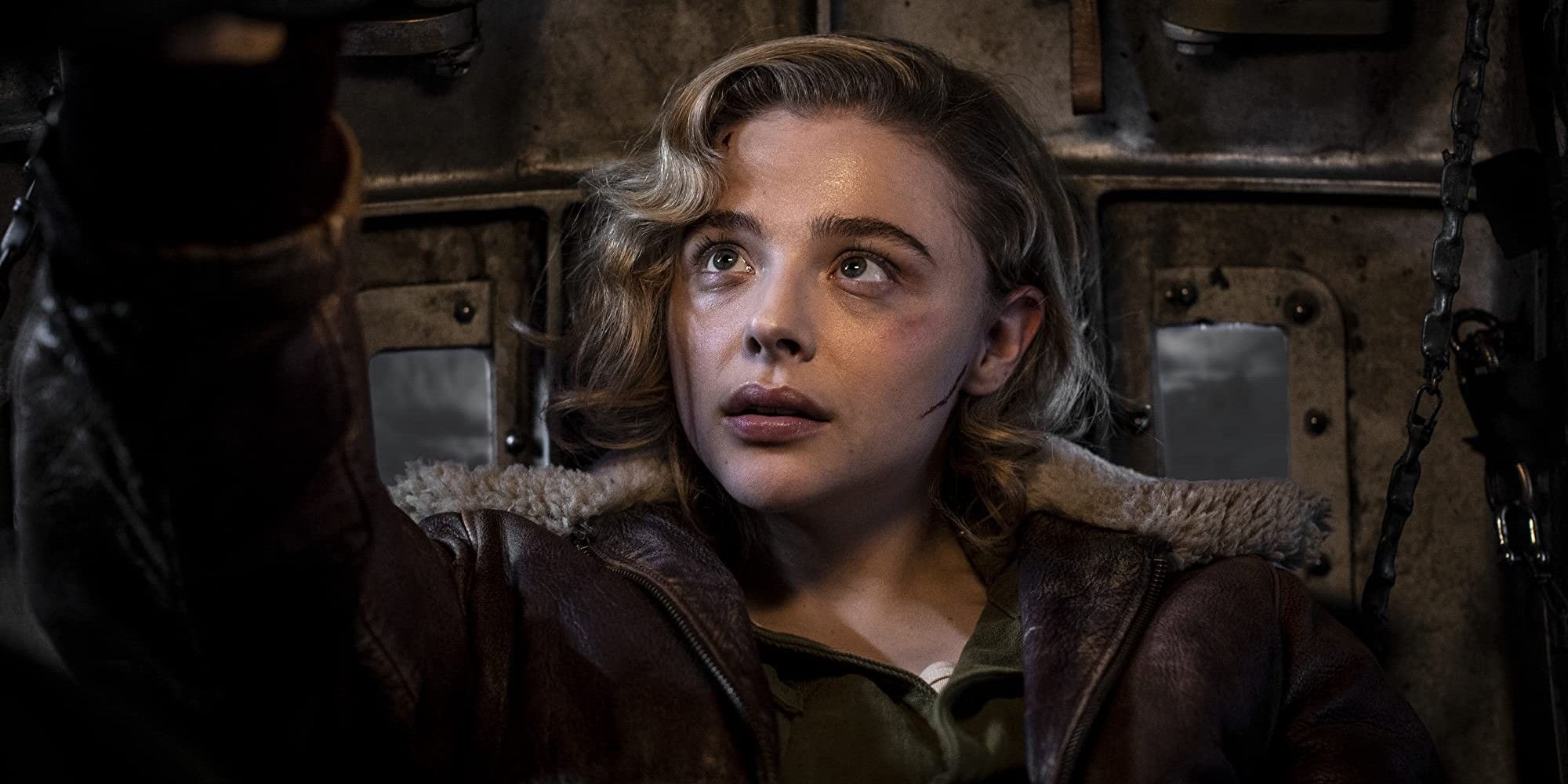

The real-life characters upon which the film characters are based were extraordinary. As family legend had it, Lip began the trip with prejudices incubated in the Italian American streets of his youth that he found scrambled when confronted by Doctor Shirley, as he was known. The story is based on a tour the virtuoso Don Shirley, born in Florida to Jamaican parents, undertook with a Bronx native called Tony Lip at the wheel. They carry a Green Book in an attempt (spoiler alert: ill-fated) to stay out of trouble.
IN THE DEEP MOVIE SPOILER ENDING DRIVER
Green Book, starring Viggo Mortensen and Mahershala Ali, tells the story of an unlikely friendship between an Italian American driver and an African American pianist on a concert tour from New York through the deep south in 1962, one year after the Freedom Riders.

But it is about to hit the mainstream, with a feelgood, Oscar-tipped movie that appears on its way to being a holiday smash. The Green Book (23 digitized editions are here) has been the subject of cultural fascination for years. Helping them do so were specialty guidebooks listing roadside hotels, restaurants and gas stations that accommodated black travelers, the best-known of which was called The Negro Motorist Green-Book, after its compiler and publisher, the Harlem-based postal employee Victor H Green. Beginning in the 1930s, highway travel by African Americans, like all Americans, increased – but black families had to plan for their trips in a way white families did not, by packing extra food and gasoline, and by plotting a course through relatively friendly territory. “These advisories are examples of the distance between our nation and true freedom, true democracy.” With her latest, Campion undertakes a fresh storytelling experiment: sharing in the mystery of its complicated characters without giving away all their secrets.The NAACP had received reports from travelers of racist verbal and physical attacks, its director of communications, Malik Russell, told the Guardian – “all type of encounters where people get the sense that they’re not being valued as an individual, as a person, as a customer. Her Henry James adaptation “The Portrait of a Lady” ended with a haunting, hanging moment as Nicole Kidman’s Isabel contemplates a bereft future. The nuanced ending of “The Power of the Dog” isn’t the first time a Campion film has challenged audiences. “In the Cut” finds Meg Ryan’s Frannie drawn to a smoldering police detective while suspecting that he’s committed the killings he is supposedly investigating.

In her most famous film, “The Piano,” Holly Hunter’s Ada moves from being stuck in a coercive bargain over her prized possession, to finding sexual release with her captor. As in “The Power of the Dog,” she understands that we can be mysteries to ourselves.

But Campion works in the realm of suggestion, giving the film a mysterious pull.Ĭampion has long shaped her stories around the desires that drive their characters. Phil is obsessed with a “real man” cowboy from his past named Bronco Henry - an attachment that feels romantically intense. (Peter knows but he’s definitely not telling.) Yet the ambiguity of the ending also echoes the unspoken nature of the deep emotion at the movie’s heart. On a storytelling level, the enigmatic ending is partly a matter of point of view: like Phil, we aren’t aware that all this is happening. He’s awkward but fiercely protective of his mother, and he focuses his watchful intelligence on somehow bringing Phil to justice. Rose numbs herself with alcohol, but Peter proves to be a dark horse. Larger than life and ornery as hell, Phil immediately starts tormenting both mother and son. The movie’s subtle conclusion has a “big reveal” that takes a moment to comprehend - probably not the grand gesture you might expect from the story’s battle of wills.Īdapted from Thomas Savage’s 1967 novel, the movie begins with two rancher brothers, Phil (Benedict Cumberbatch) and George (Jesse Plemons), and follows what happens when George’s new wife, Rose (Kirsten Dunst), and her son, Peter (Kodi Smit-McPhee), move in with them. But the ending of Campion’s simmering Western drama has been anything but loud or clear. The acclaim for Jane Campion’s “The Power of the Dog” has been loud and clear, from its Venice premiere to its release in theaters and on Netflix. This article contains spoilers for the Netflix feature “The Power of the Dog.”


 0 kommentar(er)
0 kommentar(er)
